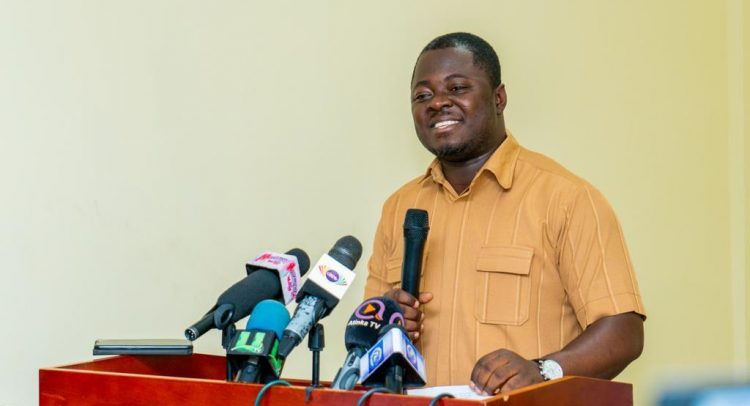
Finance Minister Ken Ofori-Atta has revised the date that he is expected to present the Mid –Year Review and the supplementary budget to parliament.
JoyBusiness is learning that the Finance Minister is now likely to do the presentation on July 24 instead of the initial July 17.
The Chairman of Parliament’s Finance Committee Dr Mark Asibey Yeboah told JoyBusiness the date was reviewed because the finance ministry has a lot of work to do on these estimates that would be the reason for reviewing the dates.
He said this would give parliament at least one week for the required scrutiny by the finance committee and parliament as well.
Dr Asibey Yeboah also justified the Minister’s decision to consider the supplementary budget presentation, “if the finance minister has found it necessary to bring a Supplementary Budget because there are new revenue coming, I don’t see anything wrong with it.”
He maintained that the necessary structures are in place to ensure that the government keeps its expenditure within the expected deficit target.
Why Mid-Year review and Supplementary?
According to the country’s Public Financial Administration Act, the Finance Minister is required to present a Mid-Year Review to parliament six months after the presentation of the main budget for that fiscal year.
The Mid-Year fiscal policy review would look at the fact or give a brief overview of the macroeconomic development of government over the past six months as well as the rest of the year.
The presentation would also offer the Minister an opportunity to review some of the Macro-Economic targets that were outlined in the 2019 budget.
Details of the Mid-Year Review
Mr Ofori-Atta has already indicated that one of the taxes that would be adjusted during the Mid-Year Review is the luxury tax on vehicles.
The tax was introduced last year to help improve revenue mobilization.
The changes, the Finance Minister maintained that it has been influenced by some stakeholders concerns.
Mr Ofori-Atta also told JoyBusiness that it would use the presentation to review some of the Macro- Economic targets that were set out in the 2019 budget that was presented to parliament in November last year.
These are some of the Macro-Economic Targets set last year by governments that are likely to be reviewed in the minister’s presentation to parliament.
• Overall Real GDP growth of 7.6 per cent;
• Non-Oil Real GDP growth of 6.2 per cent;
• End-period inflation of 8.0 per cent;
• Fiscal deficit of 4.2 per cent of GDP;
• Primary surplus of 1.2 per cent of GDP; and
• Gross International Reserves to cover not less than 3.5 months of imports of goods and services.




















Facebook
Twitter
Pinterest
Instagram
Google+
YouTube
LinkedIn
RSS